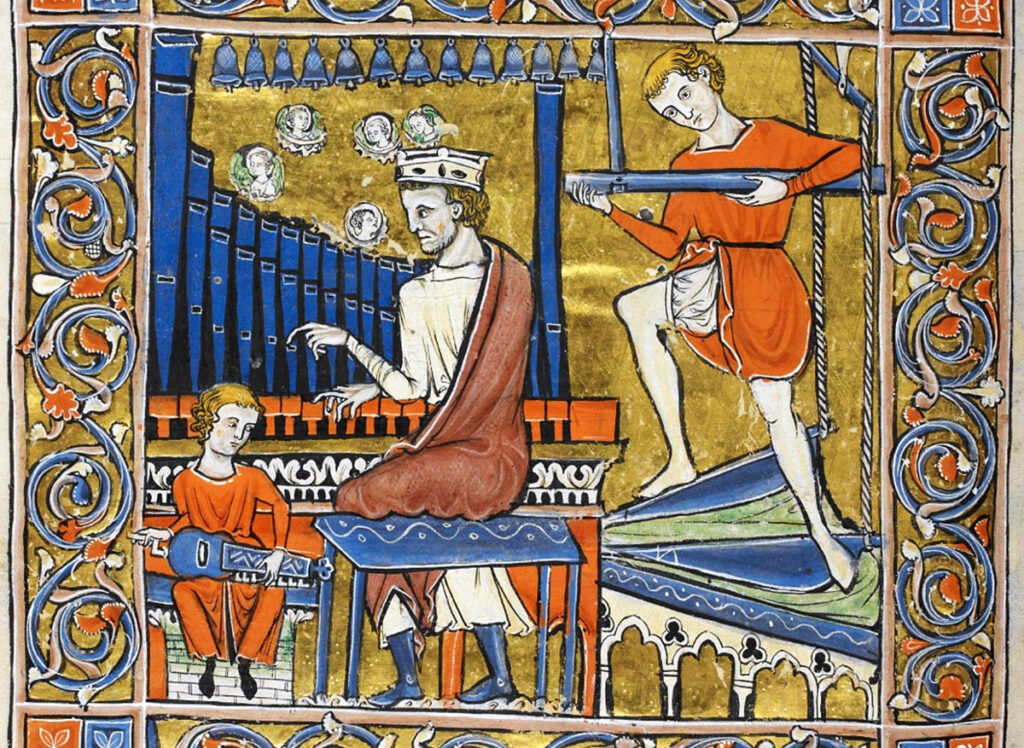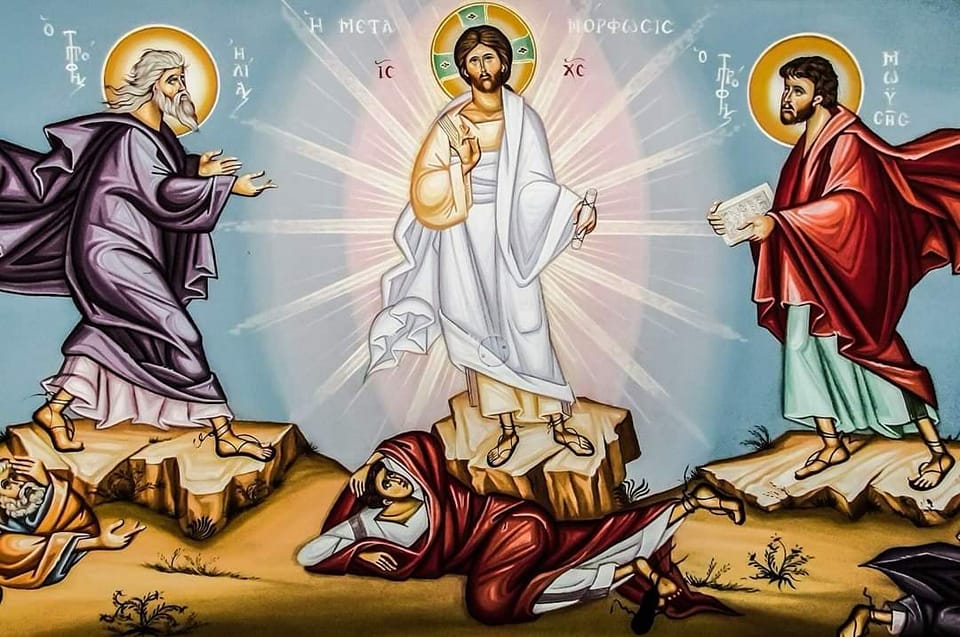Aurelio Porfiri
There was the custom, especially until a few decades ago, of dedicating the compositions of the Masses to particularly important figures in Catholicism, such as canonized Saints and the Blesseds. But compositions of Masses are not only limited to them. Consider the Mass dedicated to Ercole I d’Este, Duke of Ferrara by Josquin (Missa Hercules Dux Ferrariae) or the much more famous Mass composition dedicated to Pope Marcello II by the great Giovanni Pierluigi da Palestrina (Missa Papae Marcelli). It is a custom that has been maintained for many centuries and it must be said that of course that the dedications to Saints and Blesseds were certainly more frequent. But you can find Masses compositions dedicated to other people who are considered notable in the Catholic world. I have for example, among other things, written a Mass and dedicated it to Matteo Ricci, the famous missionary to China who has not been canonized until now.
A very important example of Masses for Saints is the Missa in honorem Sancti Eduardi Regis for two tenors, bass and organ (there are also versions with mixed voices), by the famous Italian composer from central Italy’s little town of Patricia, Licinio Refice (1883-1954). The Mass was published in 1933 by the Dutch publisher J.R. Van Rossum in Utrecht and is one of the most important examples of the author’s style and of a certain way of composing sacred music of the first half of the 1900s, a clear influence of the late tonal suggestions of the Romantic period tinged with coloristic modalism. Certainly a work of great effect, which was dedicated to the then Secretary of State Eugenio Pacelli (future Pius XII) as reported in this dedication: “Eminentissimo ac Reverendissimo Domino / EUGENIO S. R. Eccl. Cardinali PACELLI / A Secretis Status / MISSA / IN HONOREM / SANCTI EDUARDI REGIS / AD TRES VOCES VIRILES CUM ORGANO / AUCTORE / LICINIO REFICE / MODERATORE CAPPELLAE S. MARIAE MAJORIS, ROMAE / ATQUE IN PONTIF. SCHOLA MUSICAE SACRAE MAGISTRO”. At that time the Refice was Maestro in the Basilica of Santa Maria Maggiore but was forced to leave at some point, it is said due to the numerous absences due to his ambitions in the field of opera which forced him to spend long periods outside Rome. These ambitions nevertheless produced very important results, such as the Opera Caecilia still represented today. An Opera that has as for a subject Saint Cecilia, who is so relevant to musicians as we all know, together with Saint Gregory the Great they are considered patrons of musicians.
St. Edward III confessor, King of England (1004/1005-1066) is remembered by the Church especially on October 13, he was a sovereign remembered for his great goodness and meekness and for his fidelity to the Church of Rome. He was much loved by his subjects and manifested all those virtues that shine in those who know that power is not oppression but service. This is an idea that we can find in any culture, let us reflect for example on the teachings of the great Confucius when dealing with power, how it was emphasized that the ones on top have to be more virtuous than the ones at the bottom. This resonates very well with Christian teachings, with the duty to be involved in politics never forgetting the values that you are bringing in the political arena. This is the reason for the social doctrine of the Church that teaches us how a Catholic should behave in facing the different challenges of social life.
Pius XII in 1958 wrote this prayer for Italian politicians: “Great and Eternal God, Creator and Lord of all things, Supreme Lawgiver and Supreme Ruler, all power emanates and depends on you, and in your name those who must legislate determine what is just or unjust as a reflection of your divine wisdom; so we, parliamentary Catholics and politicians, who bear the weight of a responsibility, which connects us to the center of the whole nation, implore your help in an office, which we intend to accept and exercise for the greater spiritual and material good of our people. Grant us that sense of our duty, which leads us not to omit any preparation and any effort for the achievement of such a high end, together with that objectivity and that healthy realism, which lead us to clearly perceive what at each moment appears the best. Make sure that we do not stray from that healthy impartiality, for which we must strive without unjust preferences for the good of all, and that we never lack loyalty to our people, faith in the principles we openly profess, and the elevated spirit to keep ourselves above any possible corruption or petty interest. Let our deliberations be serene, with no other passion than that inspired by the holy yearning for truth; that our resolutions conform to your precepts, even if the service of your will imposes pain and renunciation on us; and that even in our littleness we try to imitate that righteousness and holiness with which you yourself govern everything and direct everything to your greater glory and to the true good of human society and all your creatures. Listen to us, O Lord, so that your light in our minds, your strength in our wills, and the warmth of your charity in our hearts, which must tenderly love our people, may never fail us. Remove from us every human ambition and every illicit desire for profit; instill in us a lively, real and profound feeling of what is a healthy and observant social order of law and fairness, and make sure that one day, together with those, who were entrusted to our care, we can enjoy your beatific presence, as a reward supreme, for all eternity. Amen.”
Dedicating Masses to important figures of the Catholic world was not only a way to honor them, but also a way to implore their intercession in liturgical prayer (at least in the case of those honored for clear Christian virtues), was to recognize through the harmony of music that so many brothers and sisters have preceded us on the journey of faith and, show us the way through their example. (Image: The organ in the ‘Rutland Psalter’ from ca. 1260. British Library MS add. 62925)


 Follow
Follow


